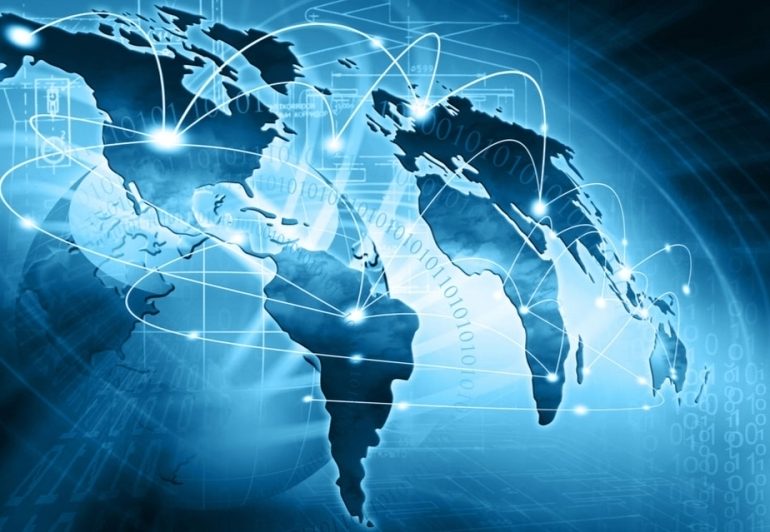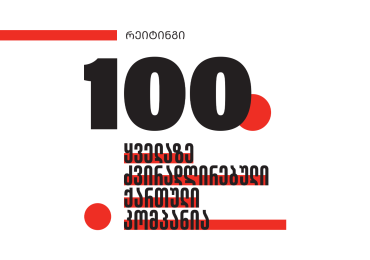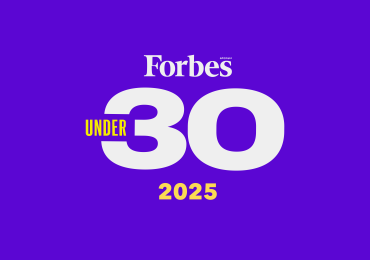In this year’s ratings, Georgia’s score worsened by one point scoring 25 in total. With this score, Georgia is classed as “free”.
Freedom House published Internet Freedom Index of 2018. The annual survey ranks 65 countries on a 100-point scale – 100 points corresponds to absolutely not free (i.e. greater degree of internet censorship) and 0 point corresponds to completely free. In this year’s ratings Georgia’s score worsened by one point scoring 25 in total. With this score Georgia is classed as “free”.
Freedom House states that, throughout last year (from May 2017 to May 2018) there were no incidents of the government censoring or limiting social media or other internet platforms. In fact, it is explicitly mentioned that the new constitution, which recognizes access to internet as one of the fundamental rights is very positive.
In addition, internet access and usage is growing. Politicians and public servants are increasingly using social media to communicate with citizens.
However, the report also mentions that there were signs of censorship and online content manipulation, both from the government and internet service providers in Georgia. Anti-western propaganda proliferated online is named as one of the examples of this.
Freedom House writes that the use of internet and mobile phones has increased,but high prices for services, inadequate infrastructure, and slow internet speeds remain obstacles, particularly for those in rural areas or with low incomes. “The government has said it will address these challenges during the next few years, but has not outlined an exact strategy to overcome the digital divide.” – writes Freedom House.
According to the data by the Freedom House, internet access continued to grow during the reporting period, with approximately 60.49 percent of Georgians accessing the internet in 2017. According to a nationwide survey conducted by National Statistics Office of Georgia in 2017, 71.5 percent of households had access to the internet and the most active internet users were located in the capital.
The report mentions that the government of Georgia lacks a comprehensive strategy of a clear and long-term vision for developing broadband internet infrastructure throughout the country. The project to build a broadband infrastructure is also mentioned, which is to be implemented by Cartu foundation, however, the Freedom House states that the civil society organizations expressed concern over the lack of transparency and inclusiveness of the project.
Furthermore, the report also writes that two Internet Service Providers control more than two-thirds of the fixed broadband internet market: Magticom with a 41 percent market share and Silknet with 37 percent. Consequently, competition is minimal. The recent expansions of these two providers also raised concerns, however, pricing and service have not been negatively affected thus far.
Freedom house writes that in Georgia, online media is relatively diverse, however, there are some signs that various sources are connected with some political circles. The report explicitly mentioned anti-western and Russian propaganda.
“The private sector limits online advertising based on the comparatively small audience.” – reports Freedom House.
With regards to the neighboring countries, this year, Armenia is among those countries, which made the biggest improvement in their ranking. Armenia received a score of 27 out of 100.
China, Iran and Syria received the worst scores – 88, 85, and 83 out of 100 respectively.

















